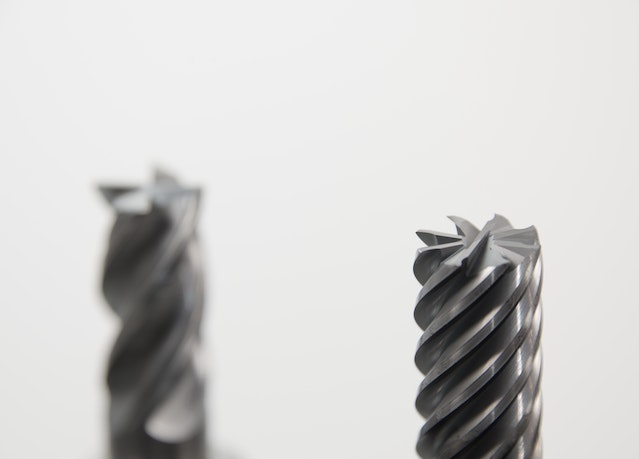Machine shops are the backbone of modern manufacturing. They fabricate and repair metal components, including stamped sheets, dies, foundry molds, and injection molding parts. Machine shops are comprised of a shop floor where the machines are located and where the machining operations take place, as well as an ancillary area that includes finishing, assembly, and inspection. These shops can often work on small or short production runs. Here are five machine shop essentials that are non-negotiable to their operations.
1. Safety Equipment
Safety is the highest priority in the shop. Machine shops are responsible for fabricating metal parts, and when a machine is machining a piece of metal, there is always a risk of flying chips that can harm the eyes and skin. The best protection for the eyes is safety glasses with side shields, which prevent particles from hitting the eyes from any angle. Safety glasses are essential to avoiding eye damage from debris such as metal chips, plastic chips, and welding sparks.
Personal protective equipment used often in machine shops includes steel-toed boots, leather gloves, earplugs, and even respirators to protect workers from inhaling harmful vapors or chemicals. Respirators should be worn for situations such as grinding or welding operations.
2. Modern Technology
Machining metal components rely heavily on technology in the machine shop. Computer-aided design programs are vital to efficient manufacturing, especially when machining parts are needing to be completed within a specific time frame. Machine shops have upgraded to digital fabrication systems that improve efficiency and productivity while providing crucial data such as tool paths and machine programming. This also includes networking facilities and the implementation of enterprise resource planning which may utilize software solutions that allow multiple departments to collaborate on projects, provide real-time data from one source, and provide historical records of past projects. A turnkey ERP solution offers easy-to-integrate technology designed to help overcome the unique challenges a machine shop is expected to face.
3. Safety Signs and Labels
Machine shops must be vigilant of potential hazards within the shop and especially if employees are working on unsafe equipment or if the torque level is going beyond the manufacturer’s specifications. Safety signs need constant upkeep but also should be clearly labeled with the machine number and serial number so that all employees can easily understand certain safety procedures. Protective clothing must be worn and machines marked with safety signs nearby warning of potential dangers. This may include cuts made to parts of the body, eye contaminants, skin irritants, and other risks that may be present when working with dangerous components.
4. Drill Presses
Drills are used frequently in machine shops to carve and drill holes in metal and are vital to the machining process. All machines and tools must be periodically inspected to ensure that they are not compromised and can perform at optimum levels. Onsite inspection includes maintenance on drilling machines such as a three-axis mill, milling machines, lathe, drill press, drilling machines, grinder, and saws that operate on metal. Machine shops should have an annual inspection of their drills to ensure they can perform at their best. To ensure that drills are operational, you should regularly replace drill bits with either new or refurbished drill bits depending on the condition of the drill and the type of metal being cut.
5. Precision Workstations
Precision workstations are the backbone of any machine shop. They are the places where the majority of quality control takes place. Precision workstations are often used by designers to accomplish their design drawings in great detail and are critical to the manufacturing quality required by customers. They help maintain safety, increase productivity and provide a place for workers to turn their efforts into results. Machines are often mounted on precision workstations because they require continuous movement to keep up with production schedules, which means there is no time for making adjustments as part of the machining process.
Bottom Line
Machine shops are critical parts of today’s manufacturing process. Machine shops are great places to work, but there are some non-negotiable essentials that they must have to keep up with the pace of business and keep their machines running in top shape. Proper safety equipment, modern technology, and the right tools can greatly enhance any machine shop operation without adding unnecessary labor costs or decreasing output quality.


